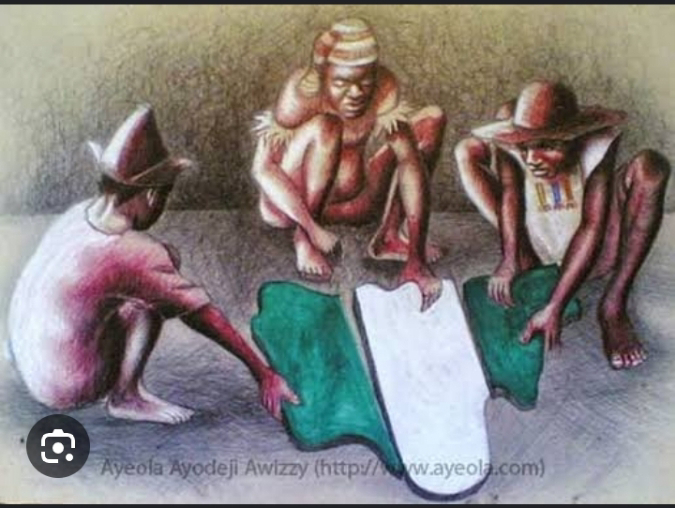Sir Hugh Clifford Constitution Of 1922: An Essay On Nigeria's First Constitution
Background
Sir Hugh Charles Clifford, born March/ 5/ 1866, London and died Dec/18/ 1941, Roe hampton London, is a British colonial officer and governor, he succeeded Lord Lugard and became the second Governor-general of Nigeria in 1919.
There had being a growing agitation by some Nigerians living in Lagos for changes in administration because because African representation in the executive branch was basically non-existent and in other branches in-adequate. The Nigerian Council of Lord Lugard was seen as a debating society rather than a council responsible for the administration of a nation. Therefore a new administration was introduced in 1922 and Governor Hugh Clifford initiated Nigeria's first constitution.
Features
The new legislative council composed of 46 members of which 27 including the Governor were official members all of which are British. The remaining 19 were non-official members out of which, 15 were nominated by the Governor to represent commercial and mining interest. Among these 19 are 10 Nigerians 4 of which are elected, only male adults who have resided in a particular area for 12 months and earned a gross income of at least 100 pounds per annum can vote in an election.
The Nigerian Council and the legislative council for Lagos were abolished. The 1922 constitution introduced the new legislative council for Nigeria. The council had the power to make laws for the Colony of Lagos as well as for the Western and Eastern provinces of Nigeria, therefore for the Lagos Colony and Southern Protectorates the council retained all it's powers except for matters concerning Northern territory which the Governor-general personally took charge and he alone can legislate.
Effects
Through the 1922 constitution Britain again isolated the North from the South and ensured there was no contact between the two regions and most notably refused Northerners the right to take part in the legislature, this acts of isolation sowed a seed of discord between the two regions and gave birth to an animosity that has endured even to the present day.
Significance/Acheivements
The most notable achievement of the 1922 constitution is the introduction of the new elective principle which saw Nigerians vote for their candidates to represent them in government, even though voting power was limited it still arose a new fire of nationalism in Nigerians and in 1922 Nigeria's first political party was founded by Sir Herbert Macaulay. The Nigerian National Democratic Party (NNDP) was the first political party set up in Nigeria and they had three main objectives; to send representatives into the Lagos legislative council, to establish branches of the party throughout Nigeria and to Africanized the civil service. The Nigerian National Democratic Party with Macaulay as the leader won three seats in the Lagos legislature in 1923, 1928 and 1937 elections. Edward Blyden, John Jacks and Dr. C.C. Adeniyi-jones were all elected members. This marked the first steps in the march towards independence and with the establishment of the NNDP, political parties arose from regions all over Nigeria and nationalism was ripe.



Comments
Post a Comment